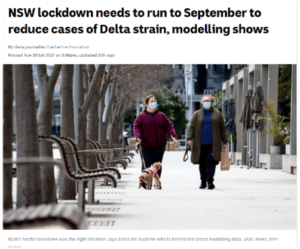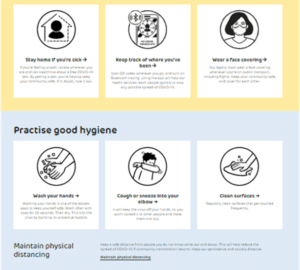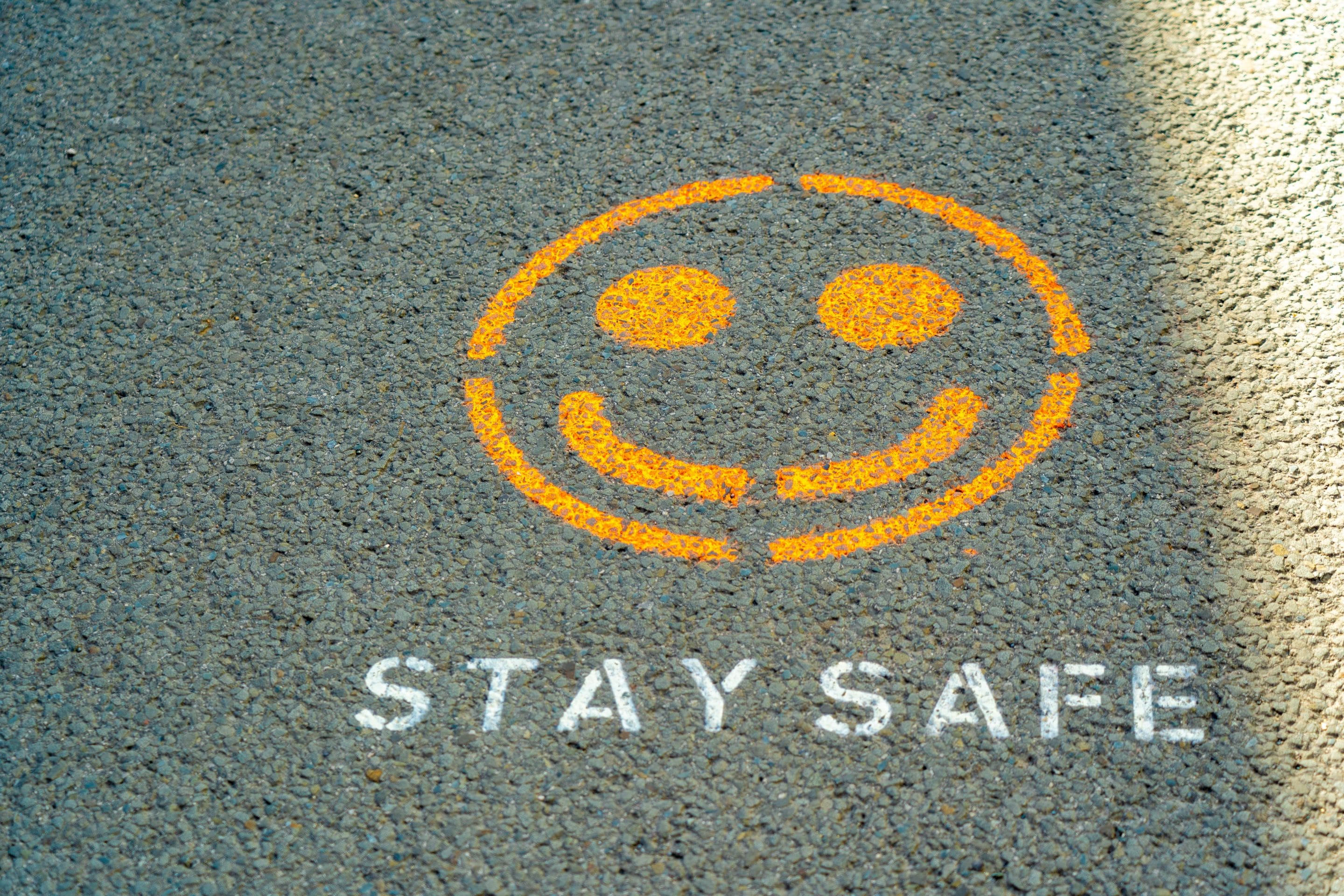Last week, I celebrated a milestone birthday and was lucky enough to have some friends and family travel from across the ditch to attend the celebrations.
Not nearly as many arrived as planned however, as the travel bubble burst in Sydney and Melbourne, appropriately forcing the cancellation of well laid plans. And of course, the trans-Tasman bubble is now on hold for at least eight weeks.
What really struck me was the wonderment that all of our Aussie visitors had for the freedoms we enjoy here in NZ and, on reflection, I realised that many of us, myself included, are already taking this for granted again. But that’s really dangerous team.
Having been in business for many years, the one constant throughout my career has been change, and the risks and opportunities that this change presents.
Complacency, by definition, is “a feeling of smug or uncritical satisfaction with oneself or one’s achievements,” but my preferred definition for business purposes is ‘expecting tomorrow to be just like yesterday.’ Businesses expectant of change will always shine over those who are complacent. It’s time for many of us business owners to look ourselves in the mirror and consider whether we are acting with complacency against the single biggest risk the globe is facing…Covid-19.
Don’t let politics cloud you from the facts

Covid-19 is no longer just a global health crisis, it’s a political football and that can become dangerous for a business owner needing to lead with pragmatism, rather than emotion. Lockdowns may be contentious, but they – and their wide-reaching impacts – are reality none-the-less.
Last week I caught up with a couple of overseas-based staff members who have been back in a lockdown for a couple of weeks. Thankfully, due to the nature of their roles, they can still work, which they consider a godsend for their mental wellbeing.

These businesses are struggling to fill the now-vacant gaps and the double whammy is our skills shortage means many can’t fill roles either. There are plenty of cases where senior management are on the tools at various tourist destinations.
Whether we agree with the principle of lockdowns is actually irrelevant, as we do not control that decision.
Focus on what you can control and let go of what you can’t

When I look around, there are some very clear facts abounding. One of them is that the Delta variant of Covid-19 spreads fast and, once it grabs a foothold, it appears to be very difficult to stop, resulting in lockdowns.
As leaders, we need to take stock of this fact and avoid being naive. The stark reality of our current environment is we are always just one incident away from a change to the way we operate, and that change can be swift – just a day or two. I am not calling out this obvious point out to create fear, but to motivate you. It’s in our collective interests to drive out any complacency, and mitigate as much risk as possible, by controlling what’s yours to change.
This is an important leadership opportunity

As the saying goes, ‘a smooth sea never made a skilled sailor’ and the threats and direct impacts posed by Covid-19 require us to hone our leadership skills and lead by example. We have a tremendous opportunity to influence those around us by being role models and doing our best to eliminate complacency.
Hopefully we are on the last leg of this journey. As vaccination rates increase, the threat of Covid-19 will diminish, as will its potential impacts.
We must lead from the front and unite against Covid-19. The future health of kiwi businesses is counting on us, and any complacency is our collective enemy.

